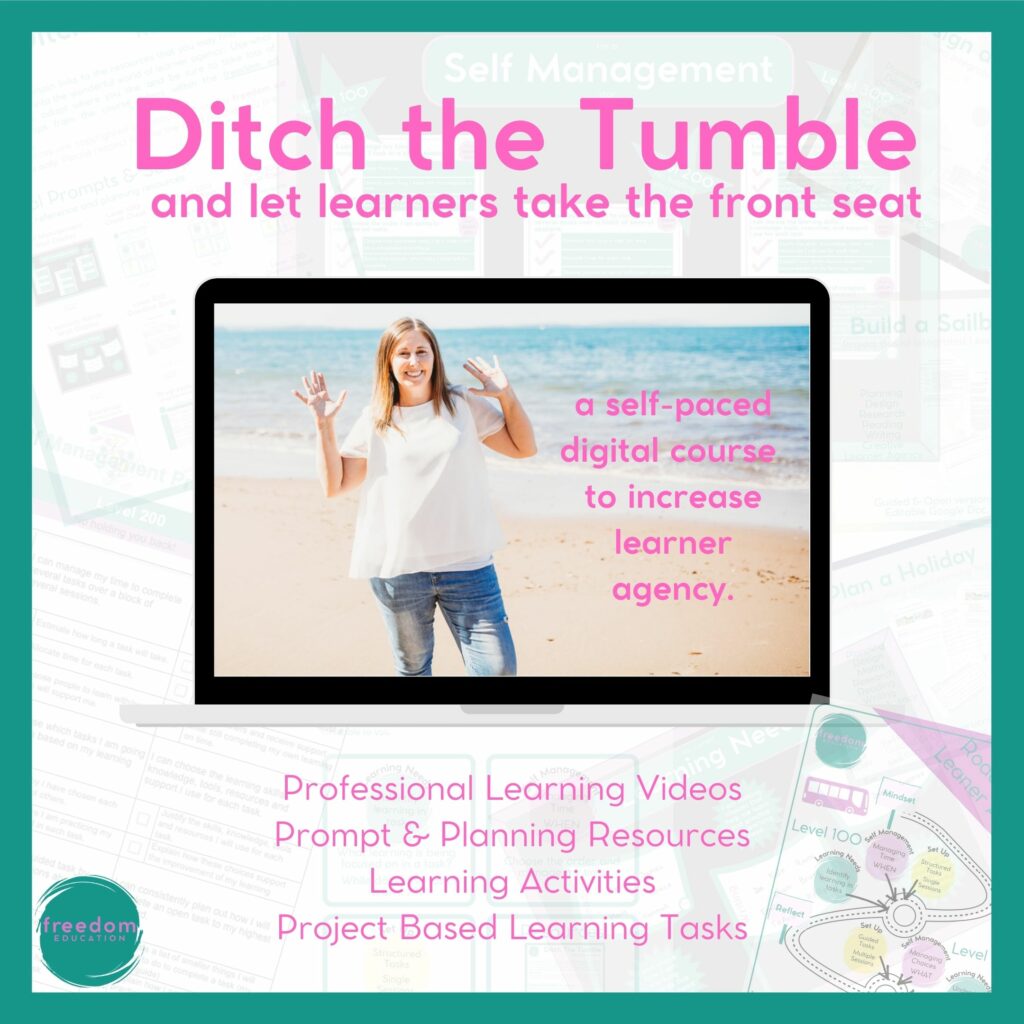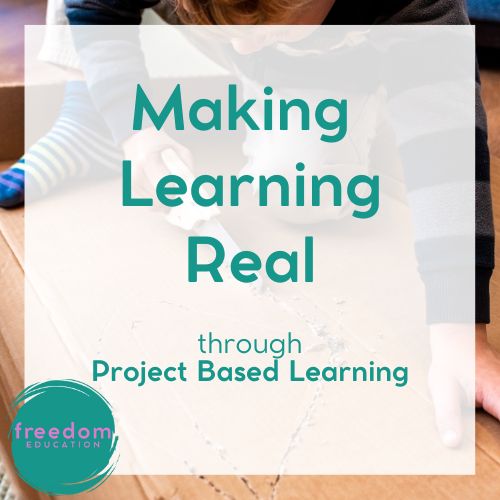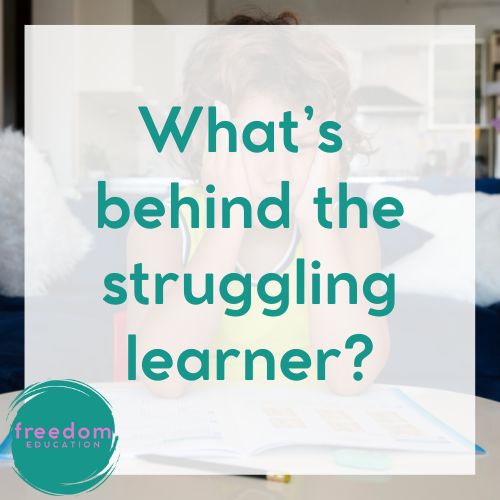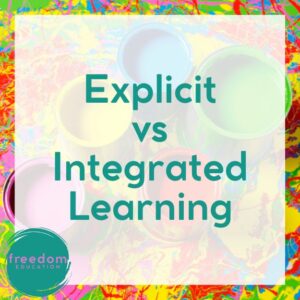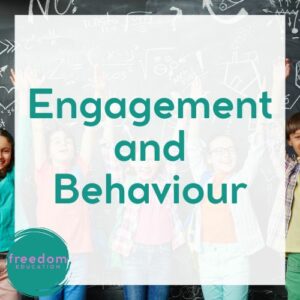
Explicit vs Integrated Learning
We all know “the real world” isn’t separated into reading, writing, math etc. It’s a big mish mash of using all one’s skills and knowledge all at once. So this begs the question, should we teach curriculum areas in silo or should we focus on curriculum integration and application.
Both! The answer is both.



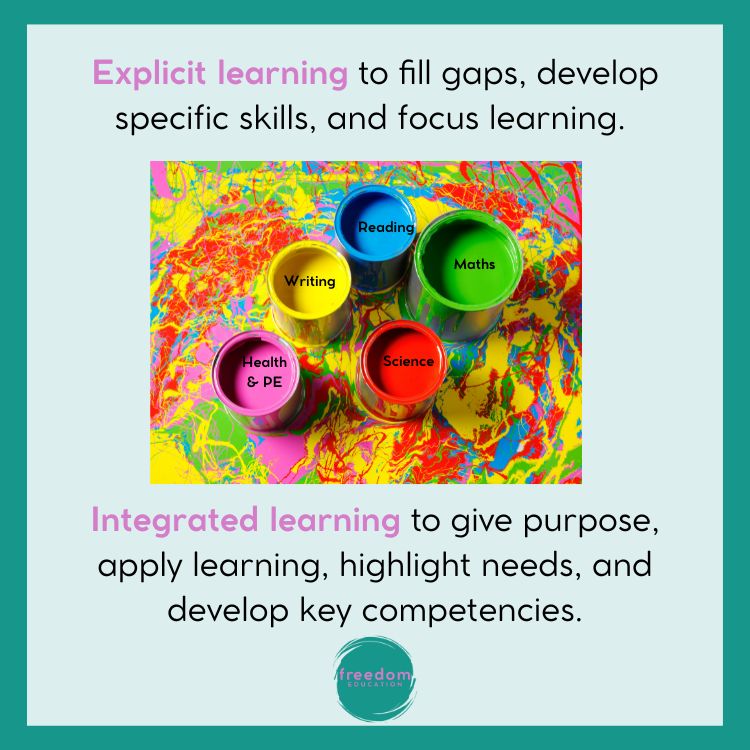
Educators need to be explicit and targeted with core curriculum learning AND provide opportunities for this same learning to be integrated into hands-on project based tasks that are more alike to the real world.

Explicit learning is when learning is tailored to a specific learning intention, strategy, understanding or skill. It is filling a gap, meeting a need or progressing with existing learning. For example understanding a specific mathematical addition strategy or how adjectives work in writing. Explicit learning ensures that learning needs and gaps are met in a way that allows sole focus and attention on just one learning idea. This type of learning allows the brain more power to absorb and understand learning as it is not being challenged to focus on multiple new learning at once. Our friends at Top Teaching Tasks produce a huge range of quality resources perfect to support explicit learning.
Integrated learning is when learning is being used and developed as part of a cross curriculum learning activity. For example project based learning, inquiry learning, and learning through play. This type of learning is essential for three main reasons:
- It gives learners the opportunity to apply the explicit learning they are developing. This shows them its purpose and need in the world beyond the explicit learning environment.
- It provides the opportunity for further authentic just in time learning that may arise. If a learner finds themselves needing a specific skill, understanding or knowledge they don’t already have, the opportunity to return to explicit learning to fill the gap is real and seen as a need by learners.
- It encourages the development of key competencies. Opportunities to self manage, communicate, problem solve, collaborate and think critically are high through integrated learning. Ultimately these are the competencies that have been identified as crucial to successful learning and successful belonging in society.

So how do we achieve quality learning via both these methods?
First we look at the time available and how we are utilising it. If you are operating outside the traditional school/classroom environment then take engagement levels as your guide. If a project is more engaging then jump out of that and into explicit as and when needed.
If you are teaching in class then you need to seriously consider the amount of potential “busy work” you set as learning time is at a premium. Having integrated projects, play or inquiry run concurrently with explicit learning ensures time is being utilised as best as possible. For example a teacher may see a small group to work on an explicit strategy or understanding while other learners are working on a project. During the group session learners can share where they are at with their project and how they are utilising the explicit strategy. A 20min group workshop might be 15min strategy and 5min sharing/supporting project learning.
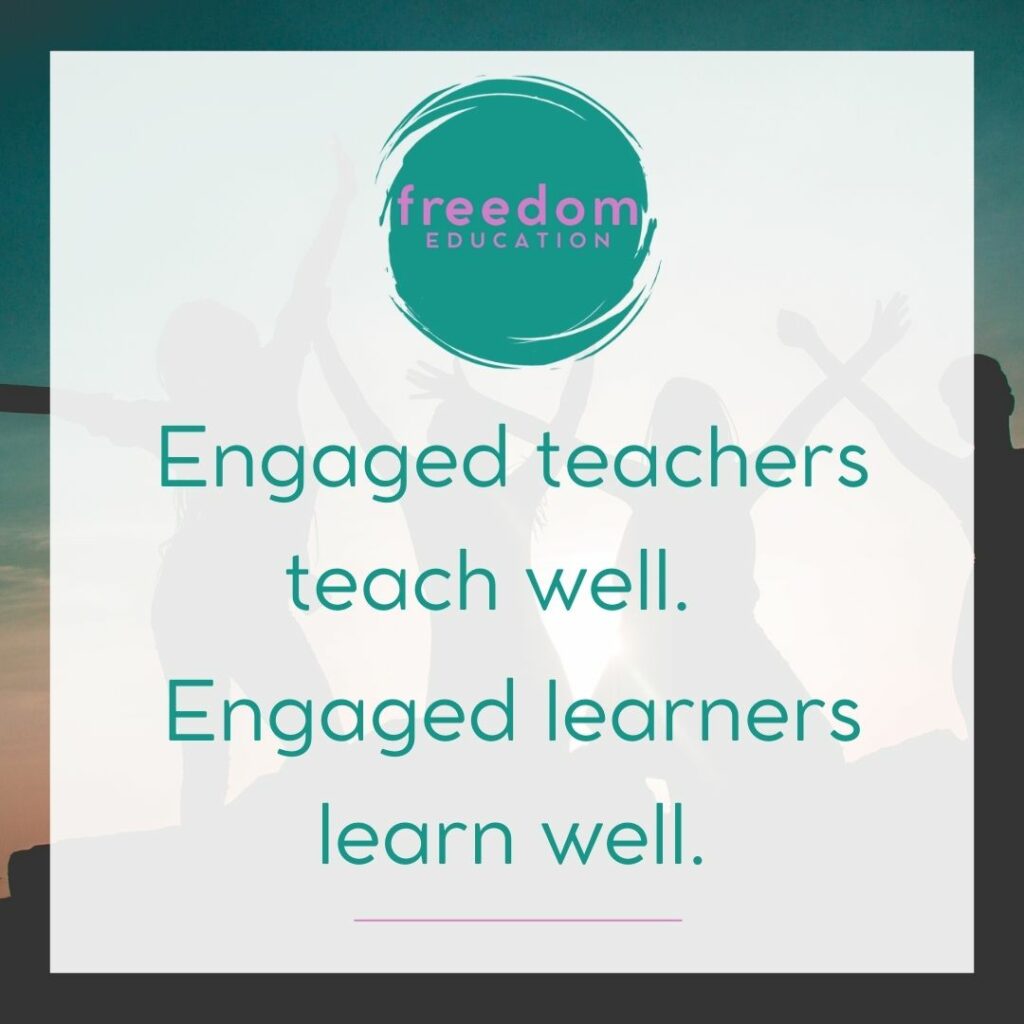
Our signature course Ditch the Tumble supports educators with the ins and outs of how to set up and implement an approach like this. Increasing learner agency along with raising engagement is going to have the positive benefit of increased buy in and therefore positive attention from learners. It’s all in the how and why, rather than the what. Ditch the Tumble is included in freedom ed membership and includes professional learning videos, activities to promote self management understanding as well as display resources and project based learning tasks. Click here to learn more.
TODAY is the day that you rethink how and why you set your learning programme up the way you do! Don’t do something the way everyone else does, that doesn’t make it best practice. Do what you and your learners need for them to be successful tomorrow and next year.

